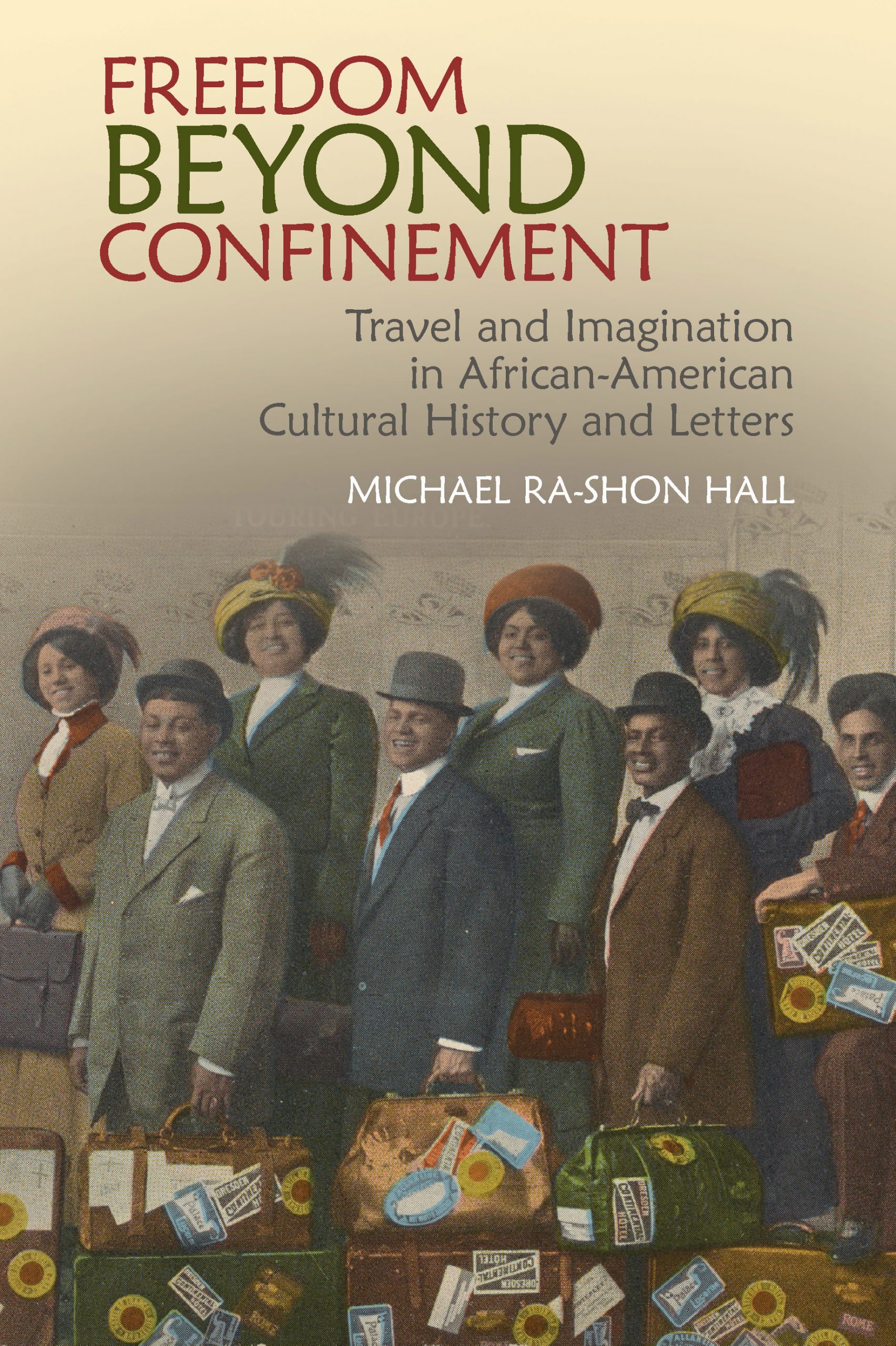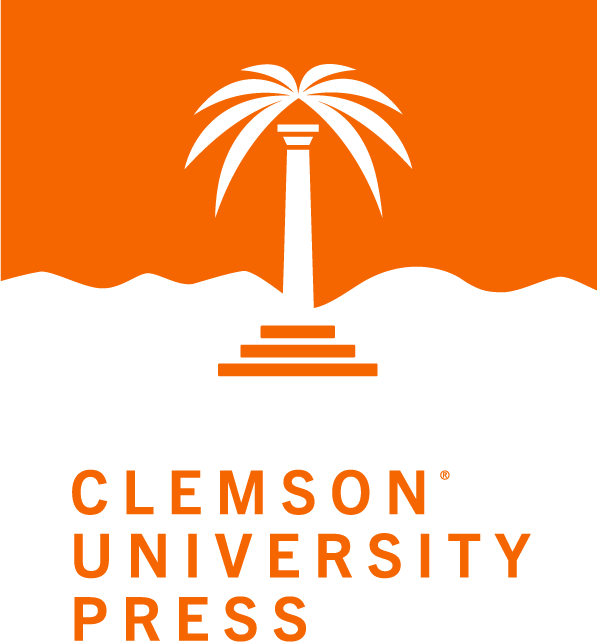Using the paradox of freedom and confinement to frame the ways travel represented both opportunity and restriction for African Americans, Freedom Beyond Confinement, the latest in Clemson University Press’s African American Literature series, examines the cultural history of African American travel and the lasting influence of travel on the imagination from post Reconstruction (ca. 1877) to the present. In this interview, author Michael Ra-shon Hall reflects on bringing together his interests in the lived experience of African Americans and literary fiction.
What drew you to focus your research on travel and imagination in African American letters and cultural history?
The cultural history of African American mobility includes experiences of enslavement, migration, and travel. Relative to travel, studies of enslavement and migration are so voluminous that each has its own organizing metaphor, the “Middle Passage” and “Great Migration,” particularly useful in framing narratives of the enslaved and migrant. Further, creative works inspired by experiences of enslavement and migration are likewise substantial and better understood relative to travel, with notable examples such as Toni Morrison’s Beloved (1987) and Edmonia Lewis’s Forever Free (1867) or William Attaway’s Blood on the Forge (1941) and Jacob Lawrence’s Migration series (1940-1941). While study of African American travel has gained steady momentum in the wake of the 1990s spatial turn in the interdisciplinary humanities, attention to travel continues to be eclipsed by studies of enslavement and migration. I couldn’t imagine a better way to contribute to our understanding of African American travel than by focusing research at the intersection of lived experience and creative expression.
Could you introduce us to one of the literary sources in your study?
I think I would have to choose Jewelle Gomez’s The Gilda Stories. One of the things I enjoyed most about writing this book was the opportunity to meld my interests in speculative fiction with my focus on travel. I could never have anticipated that I would end up discussing Gomez’s drastic reformulation of vampire mythology in a book about travel and imagination. But I do. And here’s why: Gomez offers readers a woman protagonist who not only uses vampirism to defy time constraints in her travels but also defies conventional expectations of gender and sex as an African-descended lesbian vampire.
The book assesses African American travel post-Reconstruction to the present. What would you say is the current experience of African American mobility?
I will start by saying African Americans are traveling all over the globe, to places that often our ancestors could only imagine. While the situation for African American travelers has certainly improved from the formalized Jim Crow discrimination that characterized travel from post-Reconstruction through the 1960s, African American travelers still often face discrimination reminiscent of Jim Crow. This much is clear from the many complaints of racial discrimination received by online marketplace Airbnb as well as in the creation of resources and alternatives such as Noirbnb, TravelNoire, and Jan Miles’s The Post-Racial Negro Green Book (2017), all created to safeguard and promote excursions by black travelers. Relatedly, out of the hundreds of millions of US citizens that annually visit national parks, less than two percent are African American. National parks did not begin desegregating until 1945. The National Park Service has more recently taken a firm position of making national parks more inclusive as many African Americans continue to feel unwelcome in these spaces for various reasons, including a history of pervasive exclusion as well as the reality that recreation requires both expendable funds and leisure (or if you like expendable time).

Can you tell us a bit about the cover of Freedom Beyond Confinement?
Sure. The image is of the Williams Jubilee Singers touring Europe and taken April 5, 1916. The photograph is from the Robert Langmuir African American Photograph Collection in the Stuart A. Rose Manuscript Archives, and Rare Book Library at Emory University (Atlanta, Georgia, USA). I wrestled over four wonderful options for the cover of the book. It was the luggage with all of the stickers that made this postcard the most compelling for me. Yeah. It’s a beautiful and compelling image.
What will you be working on next?
My next research project “Between Leisure and Servitude” proposes a study of (photo)postcards produced roughly between the 1850s and 1930s which reflect the early emergence of tourism as an industry in the US. Detailing the early advent of tourism, I illustrate the ways Jim Crow discrimination and historical exclusion functioned to relegate enslaved Africans and their descendants in the US to positions of servility in the face of a budding industry open to European American leisure and recreation. Whereas the first project focused heavily on the textual, the literary, and the press, this next project centers visual culture and visual narrative.
Dr. Michael Ra-shon Hall is an Assistant Professor in the Department of English at Virginia Commonwealth University. Dr. Hall’s current research agenda examines the social and cultural phenomenon of travel and imagination in African-American arts, letters, and cultural history. His research and writing on travel and imagination have appeared in the academic journals Postcolonial Studies and the South Carolina Review as well as the edited volumes Travel and Imagination and Motion Pictures: Travel Ideals in Film.
Freedom Beyond Confinement is available to order on our website.

